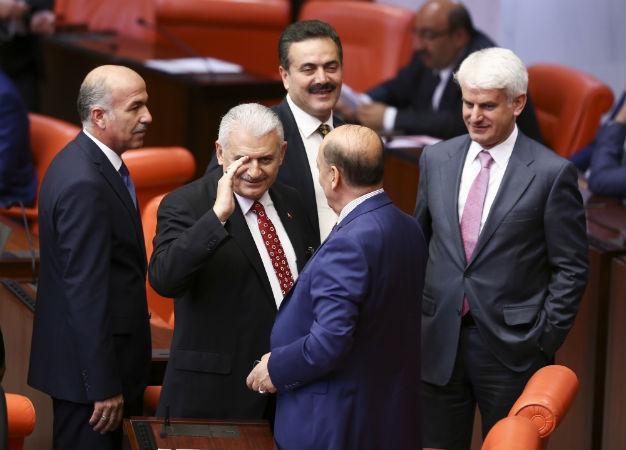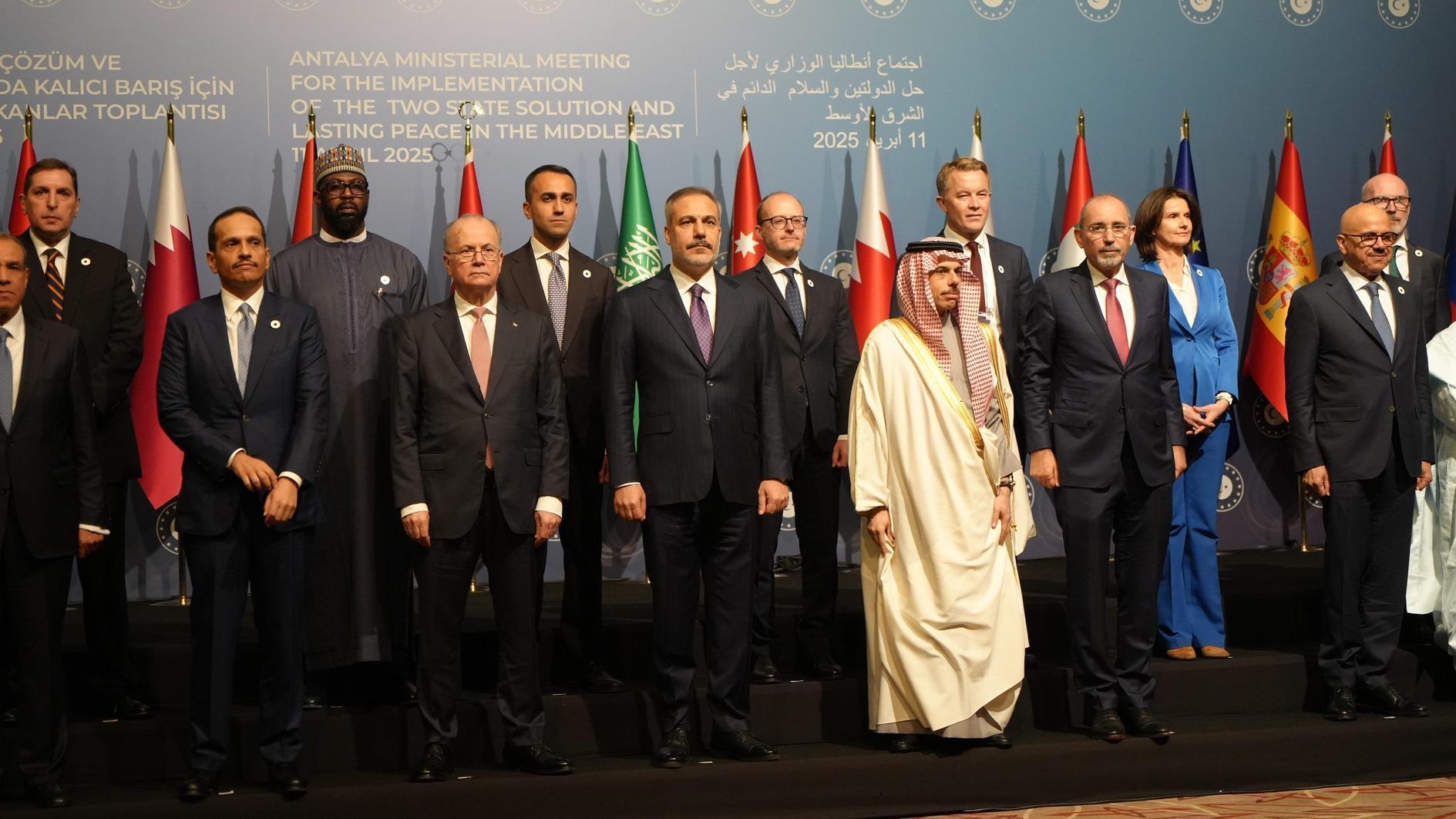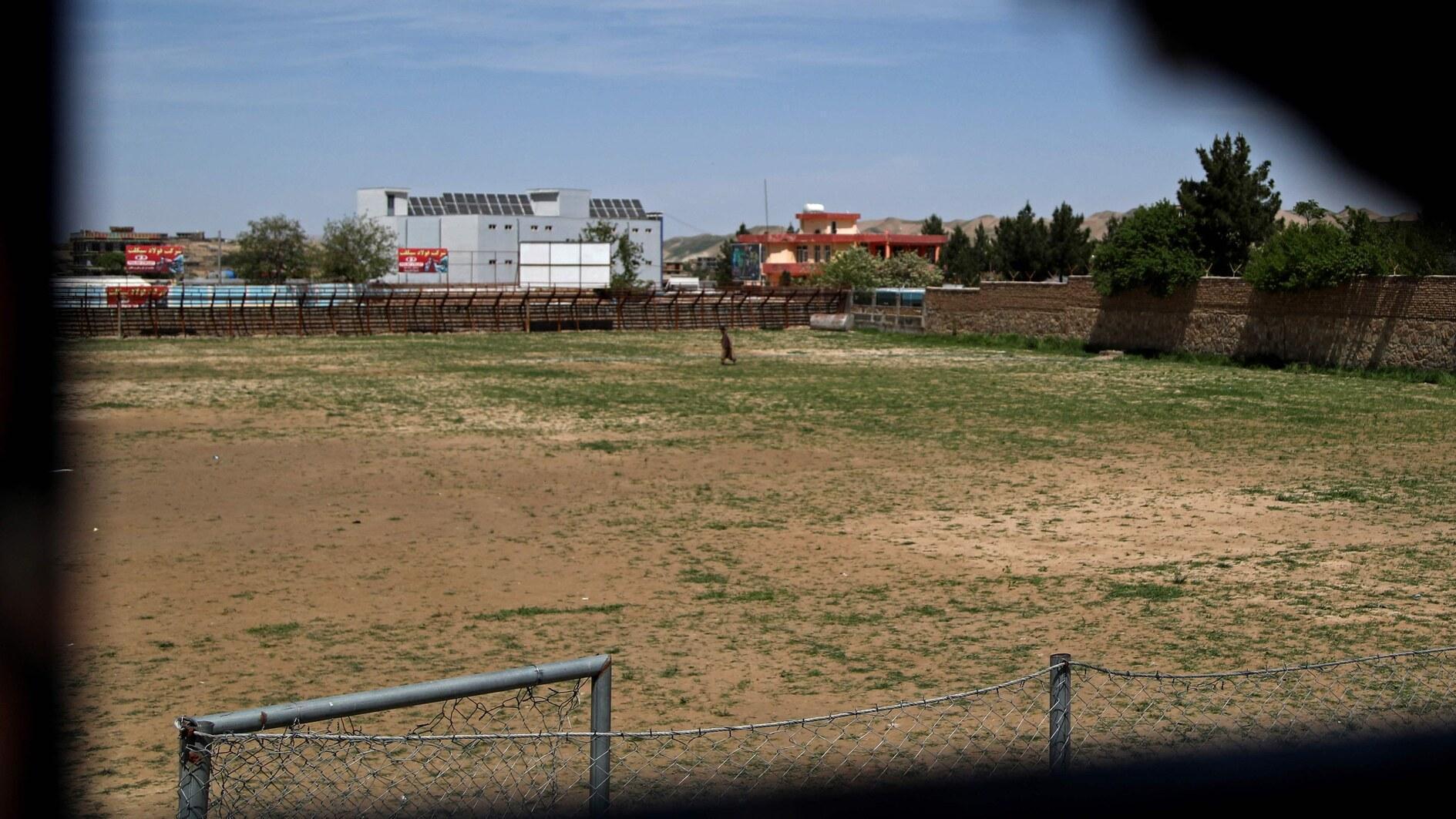Binali Yıldırım, a ‘man of projects’
ANKARA

AA photo
Binali Yıldırım is presented by the ruling Justice and Development Party (AKP) as a man of roads, bridges, speed trains, airports; a man of multi-billion dollar projects like the Marmaray Tunnel, Istanbul’s third Bosporus Bridge, and its under-construction third international airport.Yıldırım’s long spell as transportation and communication minister has given him a reputation as one of the AKP’s “doers” since it first came to power in 2002. However, one feature that stands above all others in facilitating his new position as the AKP chairman is the fact that he is one of President Recep Tayyip Erdoğan’s closest confidants.
He is set to become the third chairman of the AKP and the 27th Prime Minister of the Republic of Turkey, but still has to wait a couple of days to officially confirm his new title.
Born in the eastern town of Erzincan in 1955, Yıldırım graduated from the Ship Building and Maritime Sciences Department of Istanbul Technical University and earned his masters’ degree from the same department. He went on to work in a number of different executive positions at the Ship Industry General Directorate and the Camialtı Shipyard between 1978 and 1993. In 1990 and 1991 he attended specialization courses at the Sweden-based World Maritime University of the International Maritime Organization (IMO).
Yıldırım then moved back to Turkey to work as the head of the Istanbul Sea Buses Company (IDO) of the Istanbul Municipality between 1994 and 2000, during Erdoğan’s time as mayor of Turkey’s largest and most populous metropole.
The new prime minister’s reputation as a “man of projects” was first developed in Istanbul, as he turned the IDO into one of the largest companies of its kind by enhancing its capacity with new vessels and routes.
Yıldırım entered politics in the early 2000s as one of the founders of the AKP along with Erdoğan, Abdullah Gül, and Bülent Arınç. He joined the cabinet as the minister of transportation and communications when the AKP rose to power in 2002 and served in three consecutive governments.
His personal website, www.binaliyildirim.com.tr, shows how he places importance on the various infrastructure projects he has overseen since becoming minister in 2002. Over 11 years of his time in office, it says, 17,500 kilometers of new motorways, 29 new airports, 1,213 kilometers of high-speed railway, the underground train linking Europe and Asia, and the Istanbul-İzmir highway and drawbridge, have been built.
Although seen by many as the architect of many such projects, it was Yıldırım who controversially shut down YouTube and Twitter in early 2014, drawing national and international condemnation.
Time will tell how Yıldırım’s prime ministry differs from his predecessors; almost everyone agrees that his term marks a new era for Turkish politics.
















